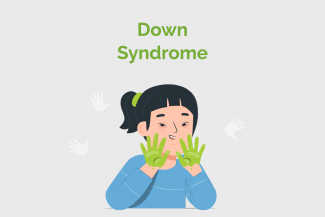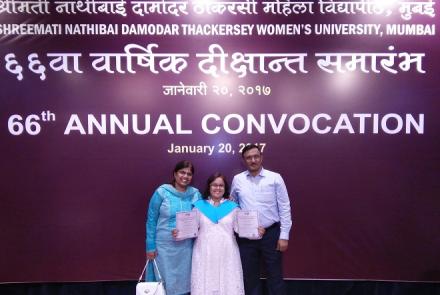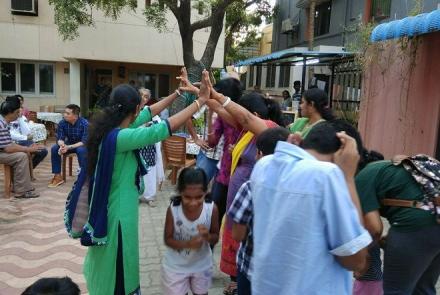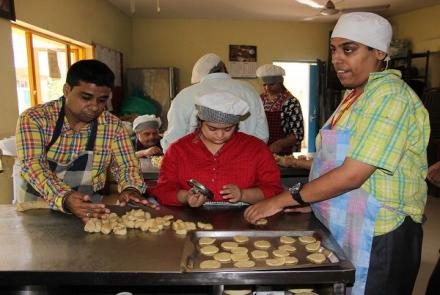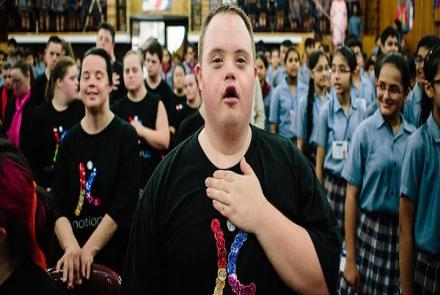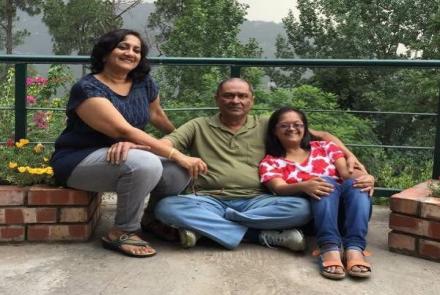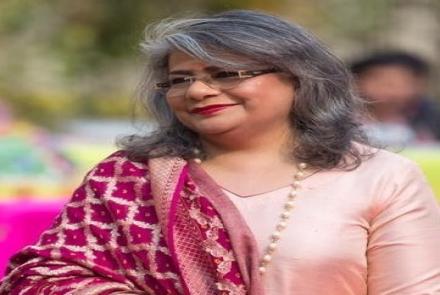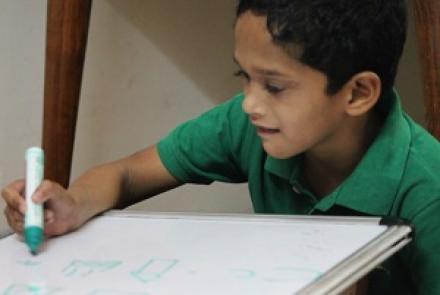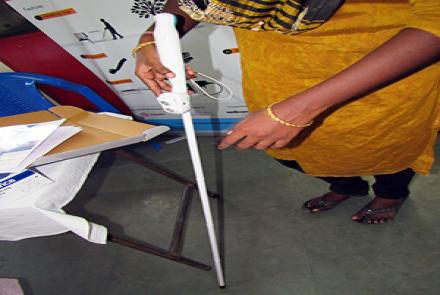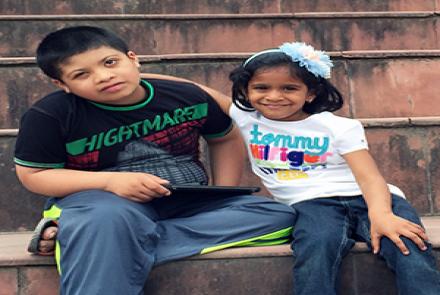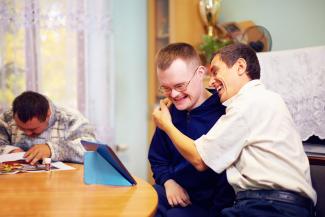
Screening and diagnostic tests
The American College of Obstetricians and Gynecologists recommends offering the option of screening tests and diagnostic tests for Down’s syndrome to all pregnant women, regardless of age.
Screening tests can indicate the likelihood a mother is carrying a baby with Down’s syndrome.
Diagnostic tests can identify whether your baby has Down’s syndrome.
Screening tests during pregnancy
Screening for Down’s syndrome is offered as a routine part of prenatal care. Although screening tests aren't perfect, they can help you make decisions about more specific diagnostic tests and the course of the pregnancy. Various screening tests can help identify whether an individual is at risk of carrying a baby with Down’s syndrome, but they can't identify whether your baby has Down’s syndrome or not. Screening tests include the first trimester combined test, the integrated screening test and the cell-free fetal DNA analysis.
1. The first trimester combined test
The first trimester combined test which is done in two steps, includes:
Blood test: This blood test measures the levels of pregnancy-associated plasma protein-A (PAPP-A) and the pregnancy hormone known as human chorionic gonadotropin (HCG). Abnormal levels of PAPP-A and HCG may indicate a problem with the baby.
Ultrasound: Ultrasound is used to measure a specific area on the back of your baby's neck. This is known as a nuchaltranslucency screening test. When abnormalities are present, more fluid than usual tends to collect in this neck tissue.
Using age and the results of the blood test and the ultrasound, your health care provider can estimate your risk of having a baby with Down’s syndrome.
2. Integrated screening test
The integrated screening test is done in two parts during the first and second trimesters of pregnancy. The results are combined to estimate the risk that the baby has Down’s syndrome. This test can achieve the same level of detection as the first trimester combined test but with a lower false-positive rate, meaning that fewer women are incorrectly identified as carrying a baby with Down’s syndrome.
First trimester: Part one includes a blood test to measure PAPP-A and an ultrasound to measure nuchal translucency.
Second trimester: Measures your blood level of four pregnancy-associated substances: alpha fetoprotein, estriol, HCG and inhibin A.
3. Cell-free fetal DNA analysis
The cell-free fetal DNA test checks for fetal DNA circulating in the mother's blood. This test is usually recommended for women who have a higher risk of having a baby with Down’s syndrome or in response to risk detected by one of the previous tests. The mother's blood can be tested during pregnancy after 10 weeks gestation.
This test appears to be much more specific than other screening methods for Down’s syndrome. If this screening test indicates a high risk of Down syndrome, a more invasive diagnostic test may be used to determine whether your baby actually has Down’s syndrome.
Diagnostic tests during pregnancy
If your screening test results are positive or worrisome, or you're at high risk of having a baby with Down’s syndrome, your doctor may advise more testing to confirm the diagnosis. Diagnostic tests that can identify Down’s syndrome include:
Amniocentesis: A sample of the amniotic fluid surrounding the foetus is withdrawn through a needle inserted into the mother's uterus. This sample is then used to analyse the chromosomes of the fetus. Doctors usually perform this test in the second trimester, after 15 weeks of pregnancy. The test carries a slight risk of miscarriage, but risk increases if it's done before 15 weeks.The ideal period is between 15 to 20 weeks.
Chorionic villus sampling (CVS): In CVS, cells are taken from the placenta and used to analyze the fetal chromosomes. Typically performed in the first trimester, after 10 weeks of pregnancy, this test appears to carry a somewhat higher risk of miscarriage than second trimester amniocentesis.
Cordocentesis: In this test, also known as per cutaneous umbilical blood sampling or PUBS, fetal blood is taken from a vein in the umbilical cord and examined for chromosomal defects. Doctors can perform this test between 18 and 22 weeks of pregnancy. This test carries a significantly greater risk of miscarriage than does amniocentesis or CVS, so it's only offered when results of other tests are unclear and the desired information can't be obtained any other way.
Pre-implantation genetic diagnosis is one option available for couples undergoing in vitro fertilization who are at increased risk of passing along certain genetic conditions. The embryo is tested for genetic abnormalities before it's implanted in the womb.
Diagnostic tests for newborns
After birth, the initial diagnosis of Down’s syndrome is often based on the baby's appearance. But the features associated with Down’s syndrome can be found in babies without Down’s syndrome, so your health care provider will likely order a test called a chromosomal karyotype. Using a sample of blood, this test analyses your child's chromosomes. If there's an extra chromosome 21 present in all or some cells, the diagnosis is Down’s syndrome.

